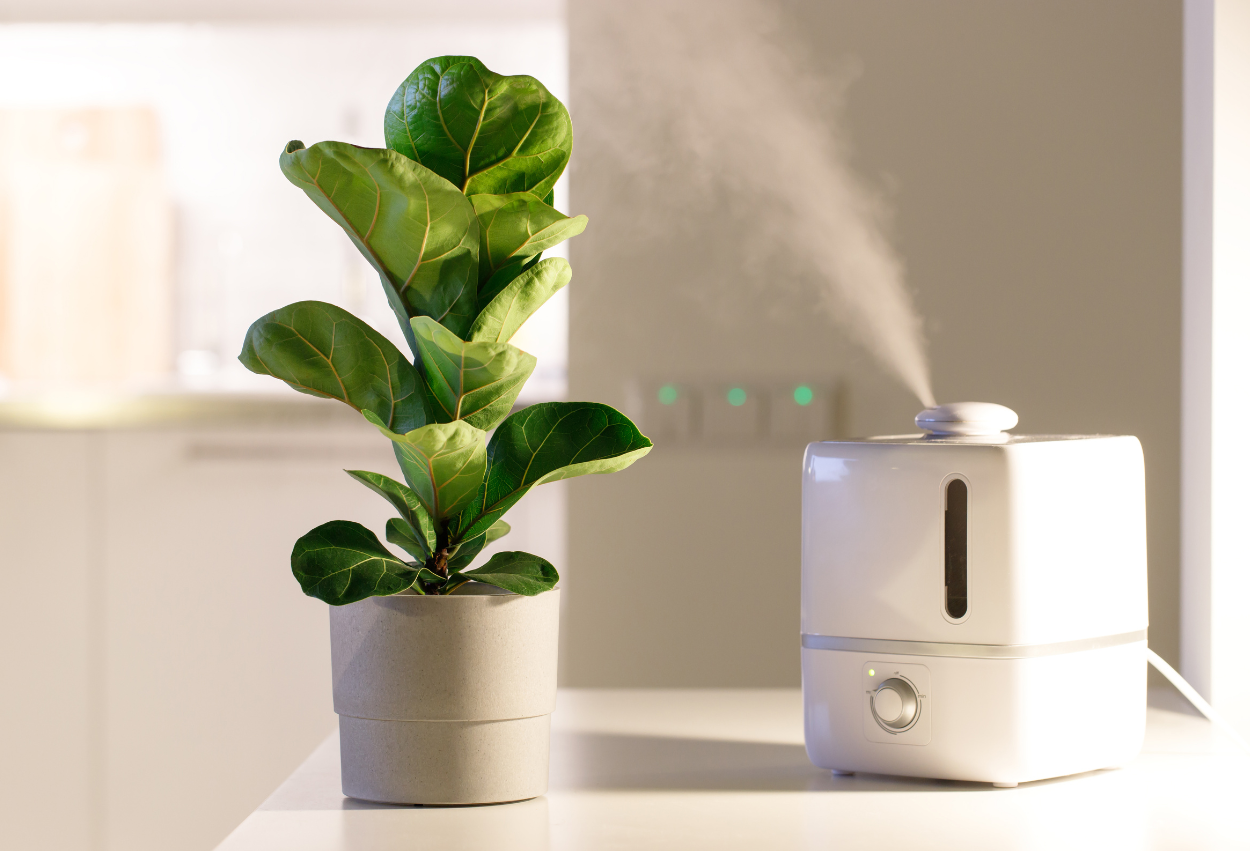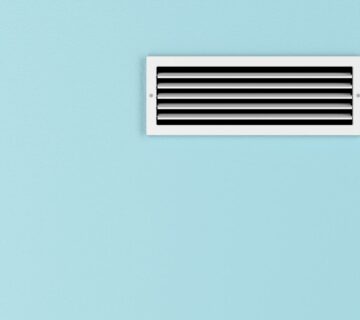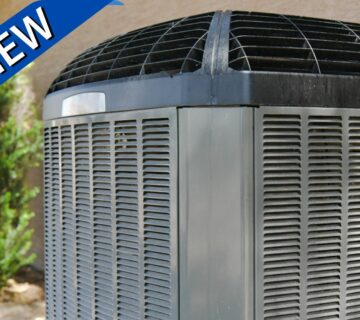Say Goodbye to Sticky Summers: Your Guide to Home Humidity Management
Humidity plays a crucial role in our overall indoor comfort. Too much humidity can make your home feel muggy and uncomfortable, while low humidity can lead to dry skin and respiratory issues. As experts in heating and air conditioning, Cougar Heating and Air Conditioning in Spokane is here to provide you with essential tips on managing the humidity levels in your home. Whether you’re in Spokane or beyond, these tips will help you maintain a healthy and comfortable indoor environment.

The Importance of Humidity Management
Have you ever experienced that sticky feeling on a hot summer day when the air is heavy with moisture? Or perhaps, during the dry winter months, you’ve noticed dry, cracked skin and irritated nasal passages. These situations arise due to improper humidity levels in your home.
Humidity is the amount of moisture present in the air, and managing it is crucial for various reasons:
- Health Benefits Maintaining an optimal humidity level is vital for your well-being. High humidity can create a breeding ground for mold, mildew, and dust mites, which can trigger allergies and respiratory issues. On the other hand, low humidity can cause dryness in your skin, eyes, and throat, leading to discomfort and potential health problems.
- Protect Your Home Indoor humidity can impact the structural integrity of your home. Excessive moisture can lead to mold growth on walls, ceilings, and even furniture. It can also damage wood, causing it to warp and rot. Conversely, low humidity can cause wood to shrink and crack, affecting floors, furniture, and cabinetry.
- Energy Efficiency Believe it or not, managing humidity can help in optimizing your heating and cooling systems. When humidity levels are too high, your air conditioner needs to work harder to cool the air, leading to increased energy consumption. Conversely, low humidity can make your home feel colder than it actually is, causing you to rely more on your heating system.
Tips for Humidity Management
Now that we understand the significance of humidity management let’s explore some practical tips to keep the humidity levels in your home balanced:
- Use a Dehumidifier In areas with high humidity, especially during the summer months, using a dehumidifier can help remove excess moisture from the air. Dehumidifiers are available in various sizes and capacities to suit your specific needs. Place the dehumidifier in rooms that are most prone to moisture buildup, such as the basement or bathrooms.
- Invest in a Humidifier During dry winter months or in arid regions, a humidifier can be your best friend. It adds moisture to the air, preventing dry skin, sore throats, and other respiratory issues. Humidifiers come in different types, including cool-mist and warm-mist models. Choose one that fits your preferences and budget. Remember to keep the humidifier clean to avoid bacterial growth.
- Ventilate Your Home Proper ventilation is essential in controlling indoor humidity levels. Use exhaust fans in the kitchen and bathrooms to expel humid air outside. Additionally, open windows on mild days to let fresh air circulate and replace stale, moist air.
- Fix Leaks and Seal Cracks Regularly check for leaks in plumbing, roofing, or windows, as they can contribute to excess moisture in your home. Damp walls or ceilings are a telltale sign of a leak that needs immediate attention. Additionally, seal any cracks or gaps in the walls and foundation to prevent outside humidity from seeping in.
- Monitor Indoor Plants Indoor plants release moisture through a process called transpiration. While they offer numerous benefits like purifying the air, having too many plants in a confined space can increase indoor humidity. Keep plants in well-ventilated areas and avoid overwatering them.
- Use Air Conditioning Wisely Air conditioners naturally dehumidify the air as they cool it. During humid periods, use your air conditioner to maintain a comfortable indoor humidity level. Ensure your AC unit is well-maintained for optimal performance. Set the thermostat to a reasonable temperature and avoid extreme cooling, as excessively low temperatures can make the air too dry.
- Monitor Humidity Levels To effectively manage humidity, you’ll need to monitor indoor humidity levels. You can use a hygrometer, a device specifically designed to measure humidity. Optimal indoor humidity levels typically range between 30% to 50%. If the levels go above or below this range, take appropriate measures to adjust the humidity accordingly.
Frequently Asked Questions (FAQs)
Q1: What is the ideal indoor humidity level? A: The ideal indoor humidity level ranges between 30% to 50%. This range provides the most comfort and reduces the risk of health and home-related issues. Investing in a hygrometer can help you monitor and maintain this balance.
Q2: Can high humidity cause mold growth? A: Yes, high humidity creates a conducive environment for mold growth, which can lead to respiratory problems and damage your home’s structure. Using a dehumidifier in humid areas or during rainy seasons can help prevent mold growth.
Q3: How often should I clean my humidifier or dehumidifier? A: Humidifiers and dehumidifiers should be cleaned every one to two weeks to prevent mold and bacteria buildup. Follow the manufacturer’s instructions for proper cleaning and maintenance.
Q4: Can I use a dehumidifier and humidifier simultaneously? A: It’s essential to monitor indoor humidity levels. Using both devices simultaneously could lead to excessively dry or humid air, which may cause discomfort. Use them as needed based on the season and weather conditions.
Q5: Are there any natural ways to manage humidity in my home? A: Yes, there are natural ways to manage humidity. For instance, using indoor plants like ferns and peace lilies can help increase humidity, while proper ventilation can help lower humidity levels.
Maintaining the right humidity level in your home is crucial for your comfort, health, and the well-being of your living space. Whether you’re dealing with the humid summers of Spokane or the dry winters of other regions, Cougar Heating and Air Conditioning offers these valuable tips to help you achieve balanced indoor humidity. Remember to use dehumidifiers and humidifiers as needed, keep your home well-ventilated, and promptly address any leaks or cracks. By following these expert recommendations, you can create a pleasant and healthy environment for you and your family, no matter where you reside.
Create a Comfortable and Healthy Home Today!
Call Cougar Heating and Air Conditioning at (509) 253-5430 or visit cougarmechanical.com to schedule expert indoor humidity services. Achieve the perfect balance for your family’s comfort and well-being, regardless of the weather outside.



